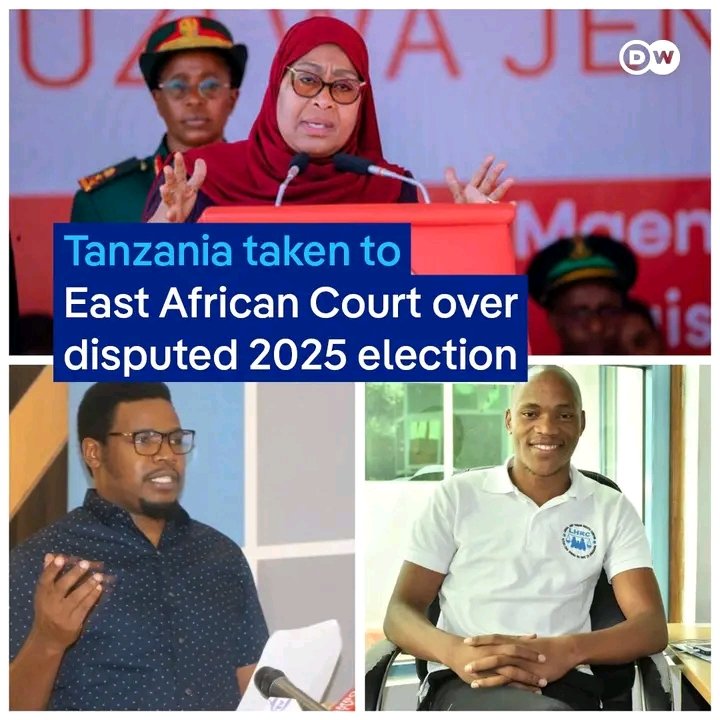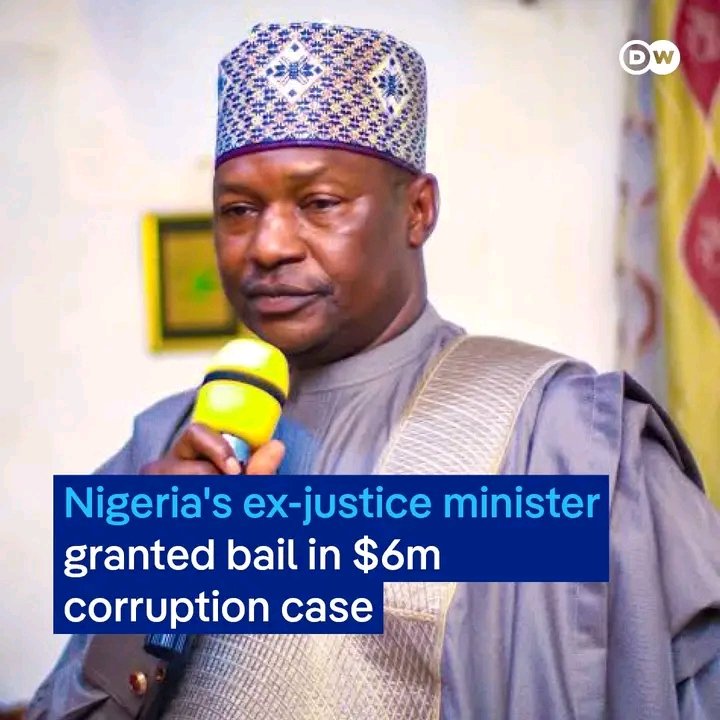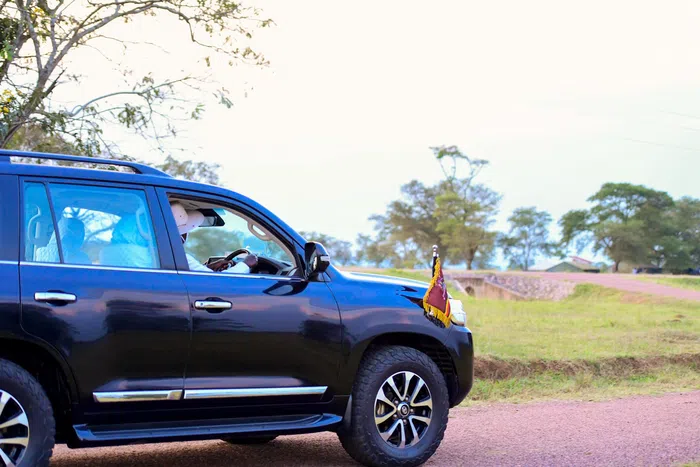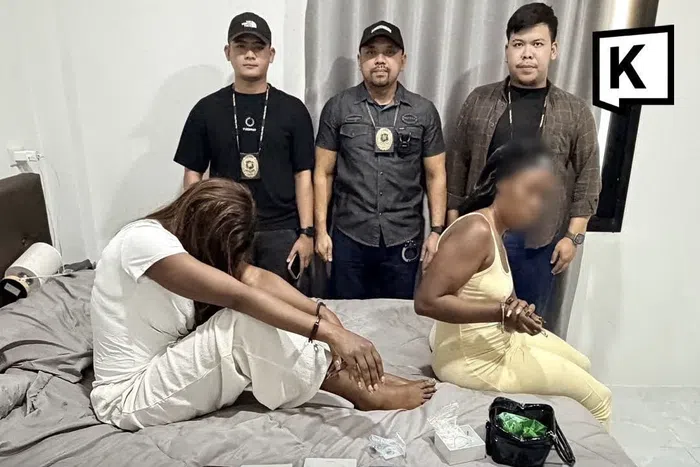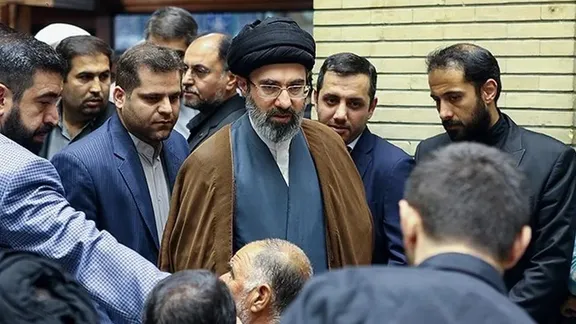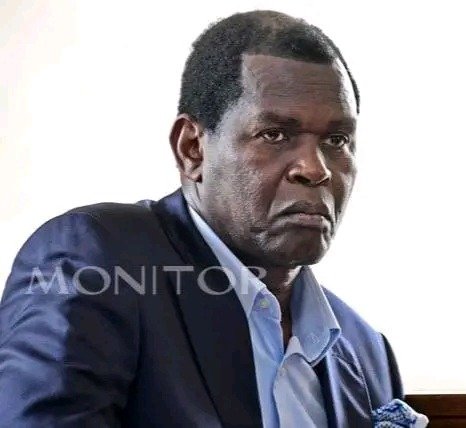

Boda Boda Rider Endures Marathon Cross-Examination as State Questions Credibility of Allegations
KAMPALA, UGANDA – In a dramatic courtroom confrontation that stretched for eight hours, Alex Wakamala, a 30-year-old boda boda rider and one of nine men accusing prominent Ugandan pastor Robert Kayanja of sodomy, faced intense cross-examination Thursday as the prosecution sought to dismantle his claims of sexual abuse.
Wakamala, who has maintained that the Lubaga Miracle Centre Cathedral senior pastor inappropriately touched him and had non-consensual sex with him, struggled under persistent questioning to provide basic details about the alleged incidents, including when they supposedly occurred or any corroborating evidence .
The proceedings at Mwanga II Magistrates Court before Grade One Magistrate Adams Byarugaba represent the latest chapter in a lengthy legal battle that has stretched over a decade, with Pastor Kayanja consistently denying the allegations as fabricated attempts to destroy his reputation and ministry .
Sworn Testimony Meets Rigorous Challenge
During his sworn testimony last week, Wakamala had stood by his allegations that the influential pastor had sexually assaulted him against his will. However, when confronted with probing questions from Chief State Attorney Jonathan Muwaganya on Thursday, his narrative showed significant inconsistencies .
The witness repeatedly found himself unable to recall crucial details that would substantiate his claims. When pressed for specific timelines, Wakamala admitted he could not provide “a date, year, or month when this happened” – a critical deficiency that the prosecution highlighted as undermining his credibility .
Evidence Questions and Missing Phones
Further complicating Wakamala’s position was his inability to explain what happened to two phones that the State believes contained vital evidence related to the case. Under questioning, he could not recall when he had purchased the phones, their make, or even the circumstances under which they had gone missing .
Chief State Attorney Muwaganya directly accused Wakamala of fabrication, asserting: “You have never lost any phone. You lied because you wanted to plant videos on an existing phone in order to concoct evidence against Pastor Kayanja” .
Pattern of Conspiracy Alleged
The prosecution has advanced a theory that Wakamala and his co-accused are part of a coordinated plot orchestrated by another city preacher to tarnish Pastor Kayanja’s reputation. Muwaganya alleged that the group had been “coached, evidence was planted in your hands, and you were paid to destroy the image of Pastor Kayanja” .
Specifically, the State claims that Wakamala attended meetings at Pastor Jackson Ssenyonga’s church and at TOP TV premises, where he was promised money in exchange for participating in the blackmail scheme. Wakamala denied these allegations, insisting “I have never attended that meeting” .
Table: Key Challenges to Wakamala’s Testimony
Aspect of Testimony Prosecution’s Challenge Wakamala’s Response
Timing of incidents Could not provide dates, months, or years “I cannot”
Missing phones Failed to explain how two phones containing evidence disappeared Could not recall phone makes or purchase details
Alleged meetings Accused of attending planning meetings at Ssenyonga’s church “I have never attended that meeting”
Inconsistencies Story changed regarding whether accomplices were questioned “It surprises me because I had told them”
Historical Context and Case Background
This case has deep roots in Ugandan legal history, with similar allegations against Pastor Kayanja emerging as early as 2009. The current charges stem from September 2021, when the group allegedly trespassed at Rubaga Miracle Centre Cathedral and subsequently filed false reports at Kawempe Police Station claiming the pastor had sodomized them .
The prosecution maintains that the accused knowingly misled police, wasting investigative resources. Medical reports from Mulago and Nsambya hospitals reportedly found no evidence of sexual abuse, with some complainants later recanting their statements .
This is not the first time Pastor Kayanja has faced such allegations. In 2010, five pastors were convicted of making false accusations against him but received only community service sentences. In 2013, two individuals attempted to bribe a doctor to falsely confirm sodomy allegations and also received lenient punishment .
A Case Marked by Delays and Complications
The trial has been repeatedly delayed since it began in July 2023, with Magistrate Byarugaba recently issuing a “final warning” to six of the nine accused to prepare their defenses without further delay. The magistrate expressed frustration about the slow progress, noting “we have spent two years in court since 26th July 2023” and threatening “radical measures” if the case continues to stall .
One of the accused, Moses Tumwine, has reportedly absconded from trial, while others have chosen to give unsworn testimonies that avoid cross-examination .
Broader Allegations Emerge
Beyond the sodomy claims, other accusations have surfaced against Pastor Kayanja during testimony. Martin Kagolo, another of the nine accused, recently claimed that the pastor ordered them to shoot and kill animals belonging to local villagers that entered his farm in Kiryandongo .
Kagolo also alleged that they were taken to Masooli, Kayanja’s native village, to guard land and were instructed to “beat anyone who came near,” resulting in violent confrontations with locals .
These additional claims paint a picture of broader exploitation and violence beyond the sexual abuse allegations, though they remain unproven in court and have been vehemently denied by Pastor Kayanja.
Case Adjourned for Further Questioning
After the marathon cross-examination session, Magistrate Byarugaba adjourned the hearing to September 10, when Wakamala will face further questioning .
The outcome of this case carries significant implications for all parties involved. For Pastor Kayanja, it represents another very public challenge to his reputation and ministry. For the accused, it brings the potential of criminal conviction for false allegations. And for Uganda’s legal system, it tests the ability to fairly adjudicate complex cases involving powerful religious figures and serious criminal allegations.
As the case continues, it remains a closely watched legal drama that touches on issues of power, faith, justice, and the difficulty of establishing truth when allegations are met with counter-allegations of conspiracy and fabrication.

